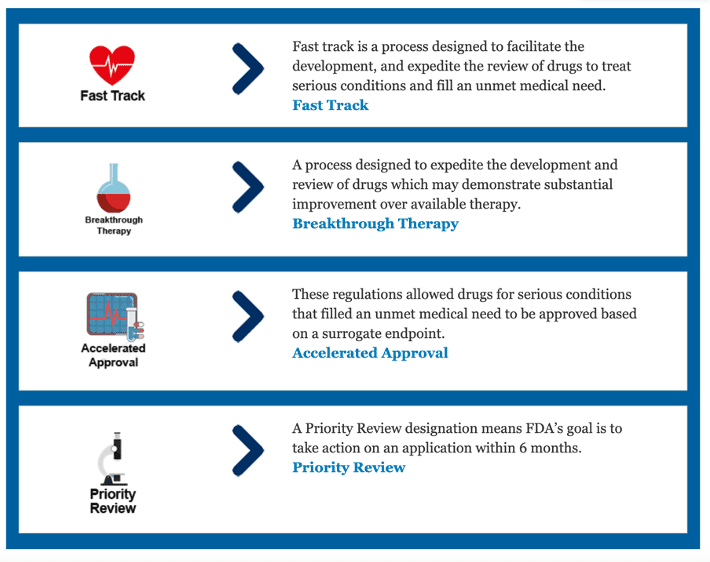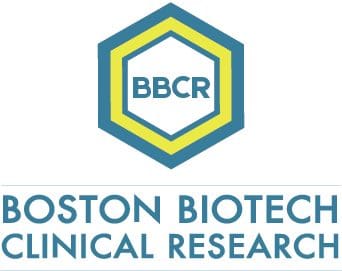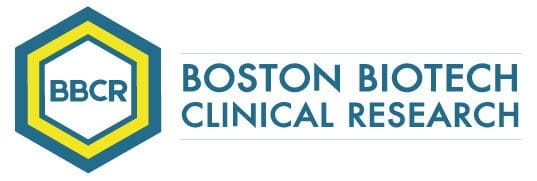A Priority Review designation does not alter the scientific/medical standard for approval or the quality of evidence necessary and it does not affect the length of the clinical trial period.
Prior to approval, each drug marketed in the United States must go through a detailed FDA review process. FDA drug review time includes two-tiered system of review times – Standard Review (10 months)and Priority Review (6 months).
A Priority Review designation would apply to drugs that may show significant improvement by increased effectiveness in treatment, prevention, or diagnosis of condition, reduction of a treatment-limiting drug reaction, enhancement of patient compliance, evidence of safety and effectiveness in a new subpopulation.
Applicant may expressly request priority review, but FDA decides on the review designation for every application. FDA informs the applicant of a Priority Review designation within 60 days of the receipt of the original BLA, NDA, or efficacy supplement. A Priority Review designation does not alter the scientific/medical standard for approval or the quality of evidence necessary and it does not affect the length of the clinical trial period.
The FDA has developed four distinct and successful approaches to making such drugs that treat serious diseases available as rapidly as possible in everyone’s interest.

Breakthrough Therapy Designation can apply to drugs that based on the indications qualify for orphan drug designation and Rare Pediatric Disease Designation.
If we look for a clinical indication that maybe an example and that in combination with the right therapeutic qualify for these designation, ADA-SCID is the one.
Twenty-five years have passed since first attempts of gene therapy (GT) in children affected by severe combined immunodeficiency (SCID) due to adenosine deaminase (ADA) defect, also known by the general public as bubble babies. ADA‐SCID is a life‐threatening disease, which is typically fatal within the child’s first years of life, because of lymphopenia, failure to thrive, and recurrent and opportunistic infections.
Gene and cell therapy research recently reached a fundamental milestone toward the goal to deliver new medicines for orphan diseases. In 2016, the European Commission granted market approval to GlaxoSmithKline (GSK) for ex vivo hematopoietic stem cell (HSC) gene therapy for the treatment of adenosine deaminase (ADA)‐deficient severe combined immunodeficiency (SCID), a very rare congenital disorder of the immune system.
Pediatric rare diseases regulatory clinical strategies require a specific expertise both in clinical plan, protocol design and CRO management.

Specializing in rare disease, Boston Biotech Clinical Research works with biotech, pharmaceutical, device companies and investors to streamline the clinical trial process. Our experienced team helps each client reach their specific goals by customizing a clinical and regulatory road map of simplified programs and streamlined protocols to meet our clients’ requirements.

